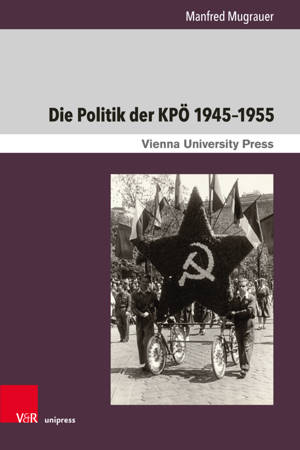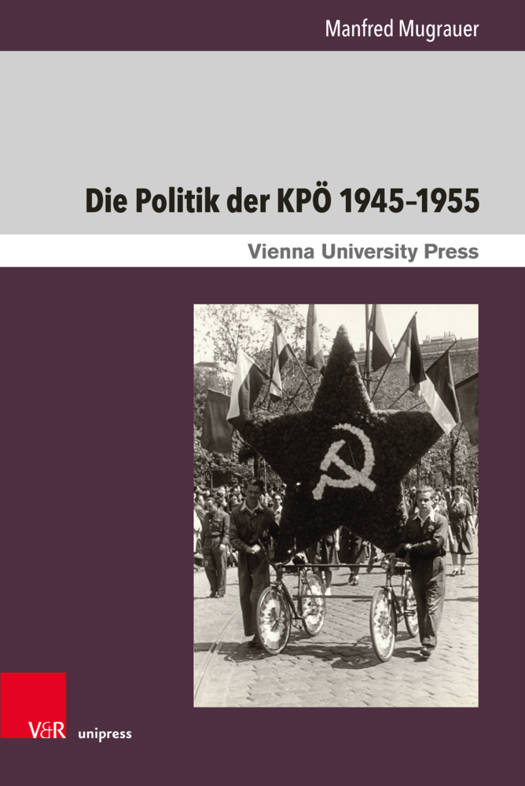
- Afhalen na 1 uur in een winkel met voorraad
- Gratis thuislevering in België vanaf € 30
- Ruim aanbod met 7 miljoen producten
- Afhalen na 1 uur in een winkel met voorraad
- Gratis thuislevering in België vanaf € 30
- Ruim aanbod met 7 miljoen producten
Zoeken
Die Politik Der Kpo 1945-1955
Von Der Regierungsbank in Die Innenpolitische Isolation
Manfred Mugrauer
€ 87,95
+ 175 punten
Uitvoering
Omschrijving
The first post-war period was the decade in which the Communist Party of Austria had the largest influence on domestic political developments. The KPo participated in the first government of the Second Republic as an equal partner alongside the Socialist Party of Austria and the Austrian People's Party. This was due to key position of the Soviet administration as well as due to its role in the antifascist resistance. In the following years, the KPo designed its policies between the conflicting poles of government and opposition, manoeuvring between being a 'constructive state party' and confrontation with the two main parties. After the party abandoned government, its role changed from being a governing party to being an outsider within the Austrian party system. Now the weight of the KPo was determined by the Cold War: in view of the anticommunist political climate, the KPo was forced into isolation which was nurtured by its identification with the Soviet occupying force. From 1947 onwards, the KPo focussed on extra-parliamentary activities, culminating in the strike movement of September and October 1950.
Specificaties
Betrokkenen
- Auteur(s):
- Uitgeverij:
Inhoud
- Aantal bladzijden:
- 833
- Taal:
- Duits
- Reeks:
- Reeksnummer:
- nr. 14
Eigenschappen
- Productcode (EAN):
- 9783847111269
- Verschijningsdatum:
- 06/04/2020
- Uitvoering:
- Hardcover
- Formaat:
- Genaaid
- Afmetingen:
- 155 mm x 231 mm
- Gewicht:
- 1328 g

Alleen bij Standaard Boekhandel
+ 175 punten op je klantenkaart van Standaard Boekhandel
Beoordelingen
We publiceren alleen reviews die voldoen aan de voorwaarden voor reviews. Bekijk onze voorwaarden voor reviews.







